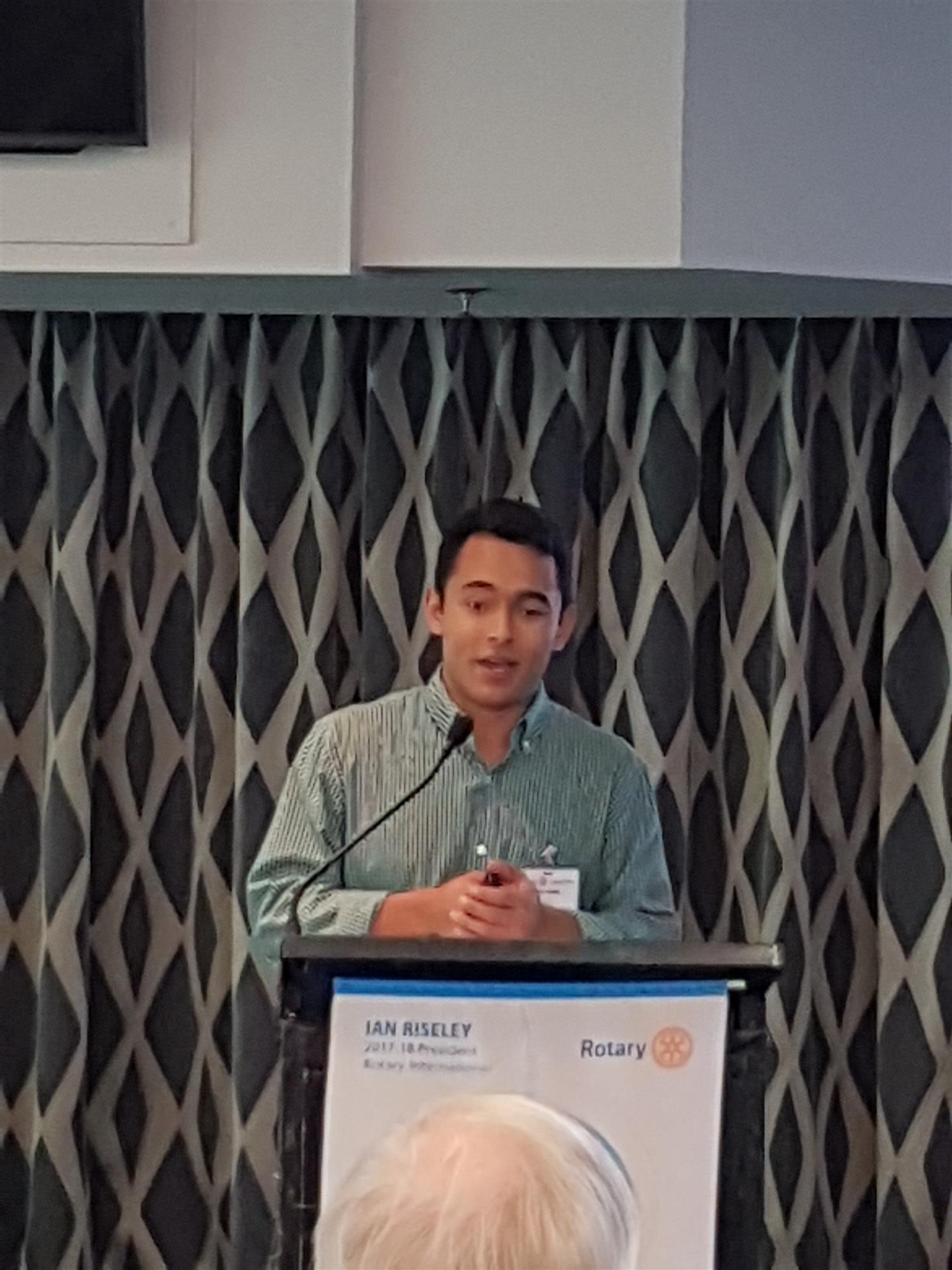Our Guest Speaker on Tuesday was Mat Sorkin from the Mind Lab.

Matthew was educated at Wesleyan University in the United States, after graduation he worked as a strategic communications consultant with Booz Allen Hamilton and since October 2017 he has been working at the Mind Lab by Unitec.
By way of background the mind land by Unitec is a relationship between that entity, Unitec and the Mind Lab, a special education and laboratory which is dedicated to enhancing digital literacy and up skilling teachers.
The theme of Matthews addressed to us can be summarised in one word – disruption. All of the technologies we use today, cell phones, ipads, the software we use Google, Amazon for shopping are disruptive technologies and are combining to change how we interact and communicate, how we work and how we practice our professions.
New technologies are affecting the way we think the way we interact in the way we learn to such an extent that traditional models of learning that is to say knowledge retention, study for dying professions and the legacy teaching models are becoming redundant.
Knowledge retention is not a necessary skill any more as we have so many resources that we can rely on to obtain and access information. Google is a prime example. Technology is taking over mundane tasks necessitating a change to the traditional skill sets. In your editors profession legal technology is advancing by leaps and bounds so that traditional skills typing for example are becoming redundant. These notes are been prepared using voice dictation technology for example.
Students are studying today employment redundant industries. Many jobs are being replaced by automation so transferable skills be required. Matthew told us that 24% of jobs in New Zealand are at risk of automation within the next two decades. Robots are anticipated to eliminate 5 million jobs the same period.
Matthew told us a little bit about what mind lab does. It has 100 staff made up of 27 different nationalities the driver is to create enquiry generate questions and not provide answers (which is the traditional model of education). Matthew suggested that education should teach us the benefits of failing and then fixing the issues that led to the failure in the first place.
He also made the point that education should be fun students should be scared to go to school. They should be excited to go to school so schools and the teachers need to create atmosphere where there is an air of excitement and in which children love to learn. The Mind Llab has taught and engaged over 100,000 students over the past four years.
The mind biggest project at the moment is educating teachers. It is offering a number of postgraduate courses dealing with contemporary education, collaborative learning and teaching leadership and education.
These courses are aimed at teachers who wish to skill themselves to be able to deal with disruptive technologies block chains augmented reality and similar. Teachers again have to be familiar with these technologies if they are going to succeed in producing students who can cope with the dramatically changing world we face.
Interestingly Matthew told us that the Ministry of Education likes what Mind Lab does but doesn’t like it as it likes legacy teaching and not be disruptive model promoted by Mind Lab.
Matthew’s address was warmly received by members is provided much food for thought.
